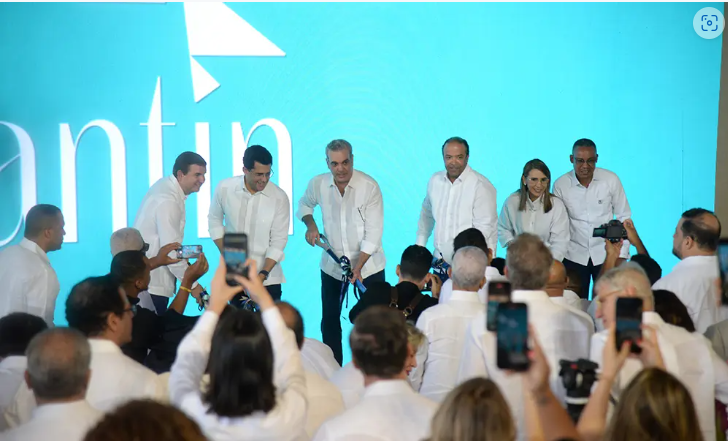After the development of Pedernales, the second most important project in the form of a public-private partnership is the Amber Highway, which will connect Puerto Plata and Santiago in less than 30 minutes.
Sigmund Freund Mena, head of the General Directorate of Public-Private Partnerships, spoke about this and more in an interview with the newspaper Diario Libre.
— Counting Pedernales and the Amber Highway, how many projects are underway and how many are in the planning stage?
We have a project under tender, which is an electronic system to register Security Interests in Personal Property in the country (…) In the case of personal assets, such as vehicles and the like, there is no registry system in the country, and that has caused the banking of these instruments to be reduced. The cruise port in Samaná will be put out to tender at the end of June, to turn the country into a hub and for shipping companies to make the country their homeport, which is our goal, for them to leave from Santo Domingo as they do from Miami and Puerto Rico (…)
There is also a project of public interest that came out now and that’s the technical vehicle inspection system, which is a PPP (Public-Private Partnership) service. It’s in the pipeline but it hasn’t been decided if it will be put out to tender.
There is the electricity transmission project, to complete the national electricity grid, which is very advanced. Health city projects to implement the first PPP system in hospital matters and we want to see how it is done here. We have other smaller projects, but we currently have about 14 PPP infrastructure and service projects.
There are people who are concerned hearing about “private allied with the government.” By law, the government can be asked for information, but with the private sector there are those who think that it will be difficult to access transparency. How do you ensure that there will be transparency in all these projects?
(…) Everything is defined, from who puts in the rebar to who pays for it. If traffic falls on a highway, the private sector is responsible. The state should not be burdened with that. Once that’s done, we can ensure where there is a real balance between partners. This clears up doubts that we and the private sector play the right role, us as regulators and advocates of public resources. We should not be afraid, because the private sector in the country has shown that it knows how to play by the rules if they are clear. We need it, because if private sector investments are not made, they cannot be executed (…)
The law establishes that all infrastructures return to the hand of the public sector when the contract ends. There is no need to be afraid of that.
What do you get in return when the project returns to the hands of the public sector?
The first thing is that, for example, in the case of the port, those 30- or 40-years of revenue is what we get. It is a financial business of how to maximize operations to return financing and pay for the maintenance of operations. All these infrastructures must be delivered under the same conditions in which they were delivered at the beginning.
Source:
Diario Libre

